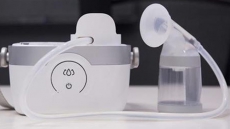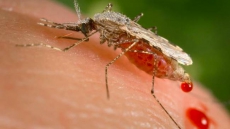The wrinkles on your forehead may not be just an inevitable consequence of ageing, but could also signal an early death due to cardiovascular disease (CVD), researchers have warned.
The findings showed that increased deep forehead wrinkles, more than what is typical for their age, could be linked to death atherosclerosis, or hardening of the arteries due to plaque build-up -- a major contributor to heart attacks and other CVD events.
"Forehead wrinkles may be a marker of atherosclerosis. The higher your wrinkle score, the more your cardiovascular mortality risk increases," said Yolande Esquirol, associate professor at the Centre Hospitalier Universitaire de Toulouse, France.
While the furrows in the brow are not a better method of evaluating heart risk than existing methods, such as blood pressure and lipid profiles, yet they can raise a red flag earlier, at a simple glance, the researchers said.
Changes in collagen protein and oxidative stress seem to play a part both in atherosclerosis and wrinkles. Also, blood vessels in the forehead are so small they may be more sensitive to plaque build-up meaning wrinkles could one of the early signs of vessel ageing, they explained.
For the new study, the team investigated a different visible marker of age -- horizontal forehead wrinkles -- to see if they had any value in assessing cardiovascular risk in a group of 3,200 working adults.
A score of zero meant no wrinkles while a score of three meant "numerous deep wrinkles".
Those who had wrinkle scores of two and three had almost 10 times the risk of dying compared with people who had wrinkle scores of zero, after adjustments for age, gender, education, smoking status, blood pressure, heart rate, diabetes and lipid levels.
The results were presented at the ESC Congress 2018, the annual conference of the European Society of Cardiology in Munich.




